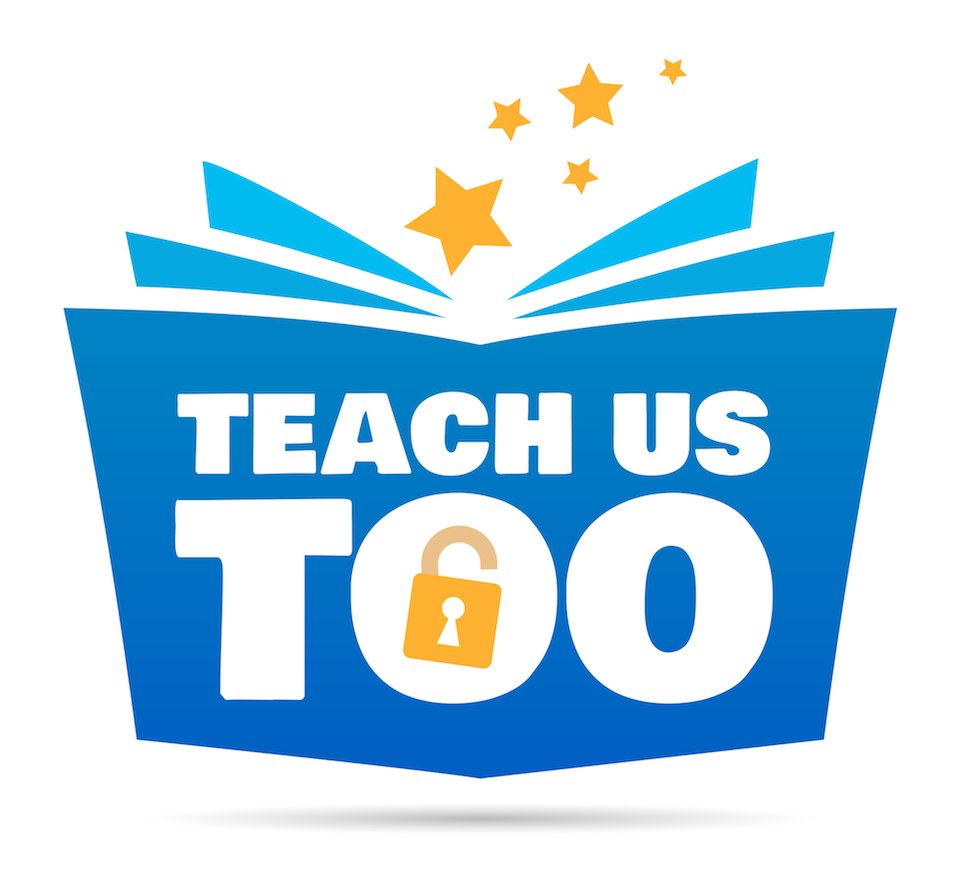Learning Through Lived Experience: Inclusion in Action at the University of Chichester
Heather Green, Senior Lecturer, University of Chichester.
At the University of Chichester’s Bognor Regis Campus, the Centre for Special Education and Disability Studies is a place where ideas about inclusion and equality come to life. Our work focuses on raising awareness and deepening understanding of inclusive practice across early years settings, schools, colleges, and communities.
We collaborate with a wide range of partners—locally, nationally, and internationally—to share research and practical approaches that support all learners. Our aim is for students who study with us to feel inspired and passionate about creating a world built on inclusion. They explore what it truly means to work alongside disabled children, young people, and their families, learning directly from real-life experiences and lived perspectives.
Through these experiences, we aim to help future educators become thoughtful advocates for inclusion—agents for change who challenge barriers and promote genuine equity and opportunity for everyone.
Meeting Jonathan Bryan and Teach Us Too
An example of such a unique opportunity for learning through real-life stories arose when we were lucky enough to meet Jonathan Bryan and his mother, Chantal. Jonathan was given the label of Profound and Multiple Learning Difficulties (PMLD), is the published author of Eye Can Write and founder of the charity Teach Us Too. Sarah Giles, Jonathan’s home education teacher and Teach Us Too lead, initially met with me online to discuss the way that Jonathan might share his message with educationalists.
As a result of this meeting, Jonathan, Chantal, and Sarah have participated in multiple sessions with students on the National Award for Special Educational Needs Co-ordinators, the BA (Hons) Education, Special Needs and Disability Studies, and the BA (Hons) Primary Teaching programmes at the University of Chichester.
Literacy, Communication and High Expectations
Learning about Jonathan’s charity, Teach Us Too, has enabled students to engage with him and his family’s powerful personal story, as well as the online materials that focus on the campaign’s central message: the importance of access to literacy for all.
Students were shown ways that communication might be alternative and augmented. This illustrated the call for approaches to teaching with high expectations and for ensuring that we believe in the full potential of individuals whilst always assuming competence. We were reminded of the importance of literacy as the key to learning, and how empowering the teaching of literacy can be. As an educator, I considered the strong links between this campaign and equity-focused global commitments and frameworks such as the United Nations Convention on the Rights of Persons with Disabilities (UN CRPD), which states that “persons with disabilities are able to access … lifelong learning without discrimination and on an equal basis with others.”
Challenging Labels and Rethinking Assumptions
The Teach Us Too presentation challenged us, prompting a rethink of attitudes to the many labels that are used in the world of special educational needs and disability. Jonathan described the label of PMLD as “pernicious.” He challenged the label as being “medical model” in that it places the “D” for difficulty with the individual. Surely, we can argue that the “difficulty” is placed in the barriers that prevent access to learning? Might we then adjust this label as Profound and Multiple ACCESS to Learning Difficulties (PMALD)?
Sarah and Chantal called for us to consider a model of “difference” versus “deficiency.” In turn, I call on educators to facilitate the acquisition and development of knowledge for all learners, where all really means all.
Reflections from Students
It was a great privilege to be able to talk to Jonathan, Chantal, and Sarah directly. Students were able to ask questions, build a greater connection with the Teach Us Too campaign, and further understand their place as agents for change. What clearly shone through during our time with Jonathan was his brilliant sense of humour. We learned about another campaign close to his heart - a campaign with his sisters to acquire their family pet (a golden retriever dog)!
Meeting and working with Jonathan, Chantal, and Sarah allowed students to reflect on the strong impact this had on their future practice as educators. One studentOne student reflected:
“Labels should not be a barrier to learning... Access needs to be enabled, not restricted by reductive labelling (PMLD).”
For some students, there was deep personal insight as well as critical professional reflection. One example (shared with permission) reads:
“‘Personally, I have considered whether I have made assumptions about my own child’s ability. At six years old, he has the vocabulary of a two-year-old, so has not been taught to read (although constantly read to). I reflect that I should ‘assume he can’ read and possibly fail if I am wrong, rather than failing him by not trying. Since meeting Jonathan and learning about the Teach Us Too campaign, I have been teaching my son phonics. I was WRONG — he CAN do it! I made an assumption based on his ‘speech delay’ label and restricted his learning. He knows each individual phoneme, can blend phonemes together, and can now spell dog, cat, big, and pig. Thank you, Jonathan, for your message: ‘believe in us’, and to Heather for introducing us to such an inspirational young man.’”
A Lasting Impact
Teach Us Too, works towards a vision: to challenge attitudes and assumptions based on labels; to influence educational practice and encourage ambition; and to share good practice to highlight what can be achieved. These are important values for us as we continue to question our attitudes and assumptions, learning from real stories and lived experiences, and sharing and engaging in good practice with high expectations.
A very big thank you to Jonathan, Chantal, Sarah, and Teach Us Too!


